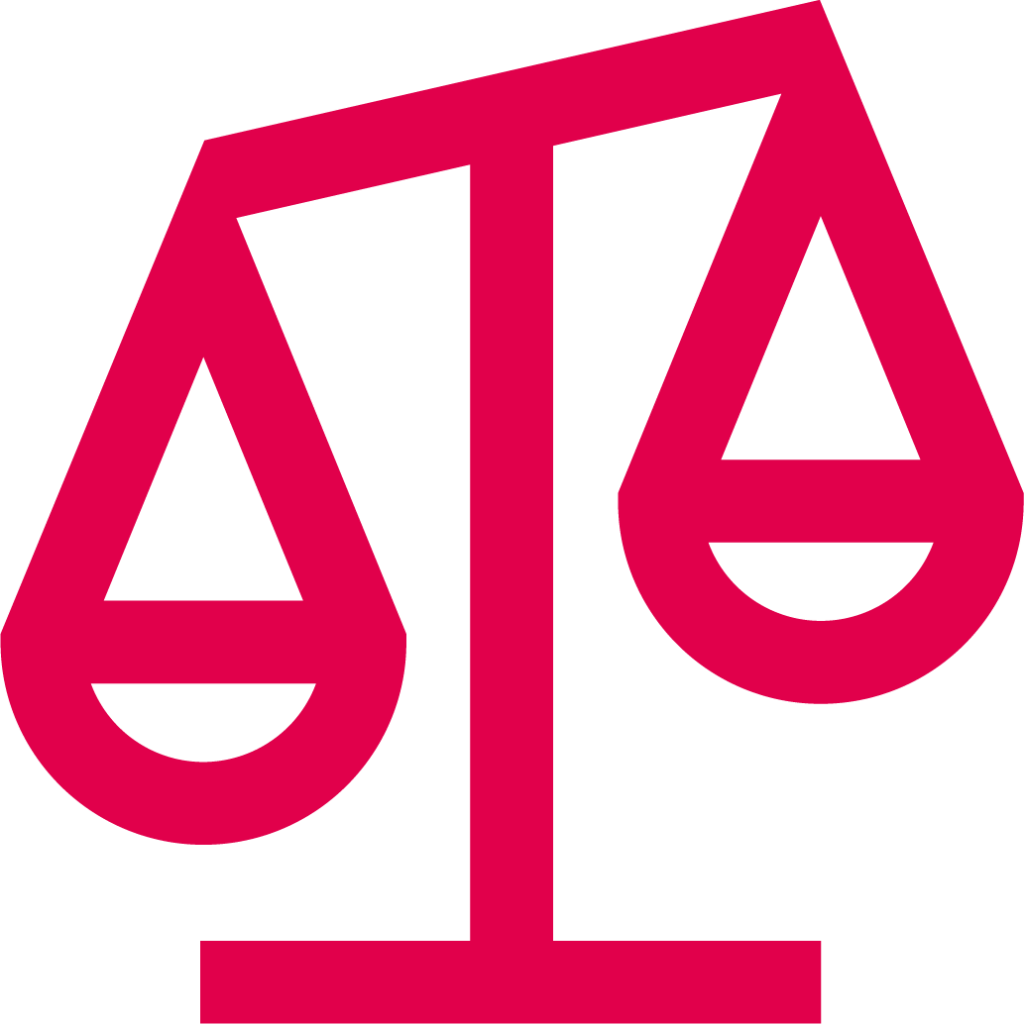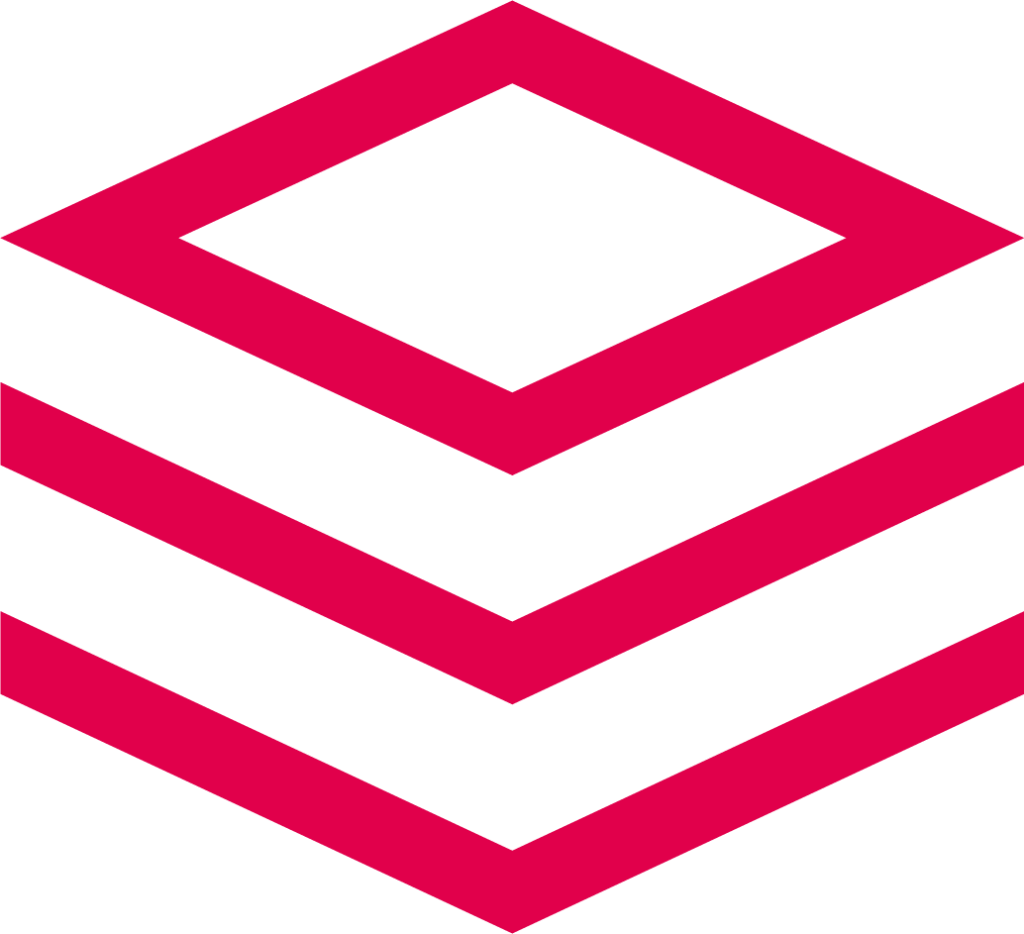Challenges
We invite innovators to tackle specific transport commercial challenges, developed in collaboration with industry leaders; Port of Tyne, RailX, and Transport for London – the industry challenge owners for this programme.
Applicants are encouraged to choose a challenge aligned with their expertise, as each presents a distinct opportunity to make a meaningful impact on the landscape of AI and ML solutions in the transport sector.
- Real-time monitoring challenge, in collaboration with Transport for London
- Scheduling automation and optimisation challenge, in collaboration with RailX
- Container placement optimisation challenge, in collaboration with the Port of Tyne
Selected businesses will benefit from collaborating closely with industry players in the sector, access to cloud credits, technical and business expertise from our valued partners, strategic and technical guidance, holistic diagnostics, and tailored support, to accelerate their product readiness.
-
Container Placement Optimisation Challenge
In collaboration with Port of Tyne
Challenge Statement: How might we optimise the placement of containers in the Port of Tyne’s terminal to minimise the number of reorganisation moves needed in the facility?
The Port of Tyne is facing a challenge regarding the efficient placement of containers within their South Shields terminal. The goal of placing containers in a particular order is to minimise the number of reorganisation moves required to retrieve a container when needed. A reorganisation move refers to the transfer of a container from one location to another to access another container. Reorganisation moves currently account for 35% of all container movements within the terminal, generating additional use on specialised equipment, fuel consumption, and carbon emissions which could be eliminated by optimising the placement of containers.
Storing faster-moving containers at the front and higher up a container stack, and slower-moving containers further back and at the bottom, should minimise the number of reorganisation moves needed in the terminal. However, resource limitations, including time and skill constraints, lead to placement strategies being based on prior practices rather than data-driven decisions around container movement trends, potentially rendering them outdated.
The Port of Tyne employs TBA Autostore as its terminal operating system (TOS), allowing users to set up input strategies specifying container locations based on characteristics such as type, weight, cargo, destination, shipping line, and customer. However, the port lacks forecasting tools for predicting container movement trends. Therefore, the port is seeking to solve this challenge in collaboration with SMEs that develop solutions in storage logistics optimisation using ML or AI.
-
Scheduling Automation and Optimisation Challenge
In collaboration with RailX
Challenge Statement: How might we automate and optimise the processes of rail and road bookings made via RailX’s online platform in response to late vessel arrivals?
Automating and optimising processes in the UK’s transport systems and infrastructure is imperative to maintaining the secure and efficient transportation of goods across the country. Focusing innovative solutions in the transport space on decarbonised growth while maintaining this efficiency is particularly important to enable the nation’s journey toward net zero.
RailX is an online platform facilitating rail freight bookings for intermodal goods, with a focus on the UK’s deep-sea ports. Despite 6 million annual container movements, only 10% are currently moved by rail. The platform aims to support SMEs and promote a modal shift from road to rail to facilitate efficient and low-carbon freight across the UK. However, delayed vessel arrivals at UK sea ports lead to manual rescheduling, impacting 40% of container movements and causing delays and congestion.
RailX seeks to overcome these challenges by optimising and automating bookings, responding to late vessel arrivals or other factors like diversions and adverse weather conditions in real-time. The goal is to build a solution that will enable the platform to schedule and reschedule bookings efficiently, considering cost, pricing, and the lowest-carbon solution.
-
Real-Time Monitoring Challenge
In collaboration with Transport for London
Challenge Statement: How might we foster more reliability and independence for bus users with accessibility needs by giving them real-time information on wheelchair priority space occupancy?
For the safe and effective transportation of goods and people throughout the UK, it is imperative to monitor, maintain, and upgrade the nation’s transport systems, assets, and infrastructure. Developing and adopting solutions using ML and/or AI for the monitoring and integration of existing assets is a valuable tool stream of innovation to explore for both the private and public sectors.
Transport for London (TfL) currently faces a challenge in providing timely data for customers with accessibility needs. Specifically, the availability of wheelchair priority spaces on London buses is unreliable, the spaces often being occupied by prams, luggage, standing passengers, or other wheelchair users, hindering planning for disabled passengers and causing extended journey times.
To address this, TfL aims to develop a system that detects and communicates the real-time status of the wheelchair priority space, prioritising smartphone and journey planning app integration. Being able to identify prams and other objects in the priority space is a secondary goal.
TfL has investigated solutions with CCTV analytics and stereoscopic sensors to address this challenge. While some trials are currently ongoing with CCTV analytics, TfL is looking to run further trials with similar or other technologies in the market to find a solution that could be implemented across its entire fleet.







